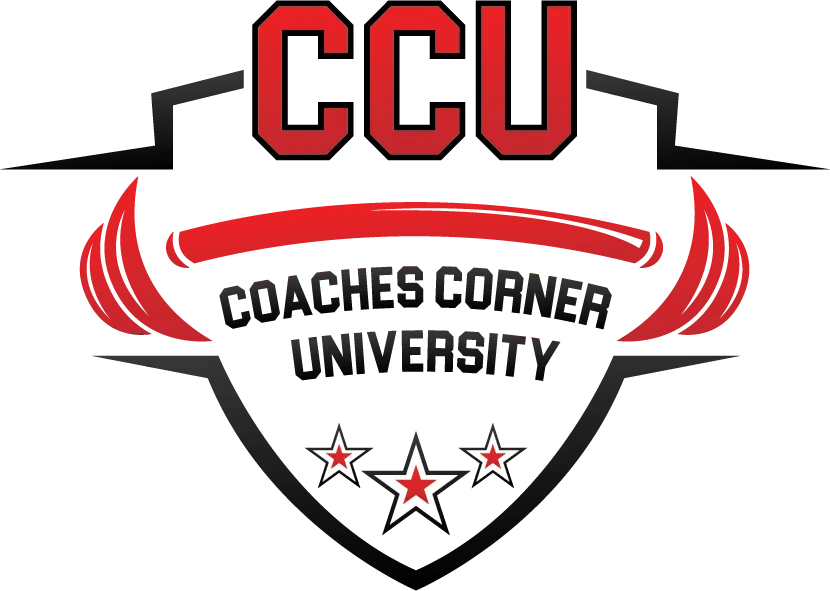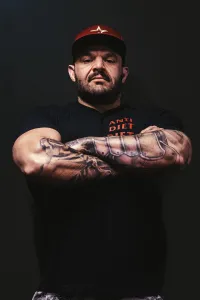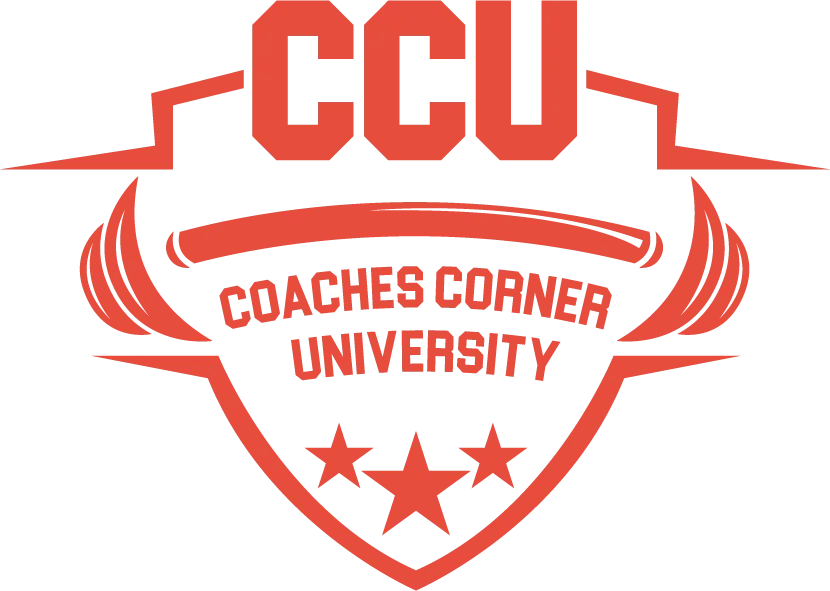Discover The Latest Blogs
Stay updated with Our Informative Blog Posts
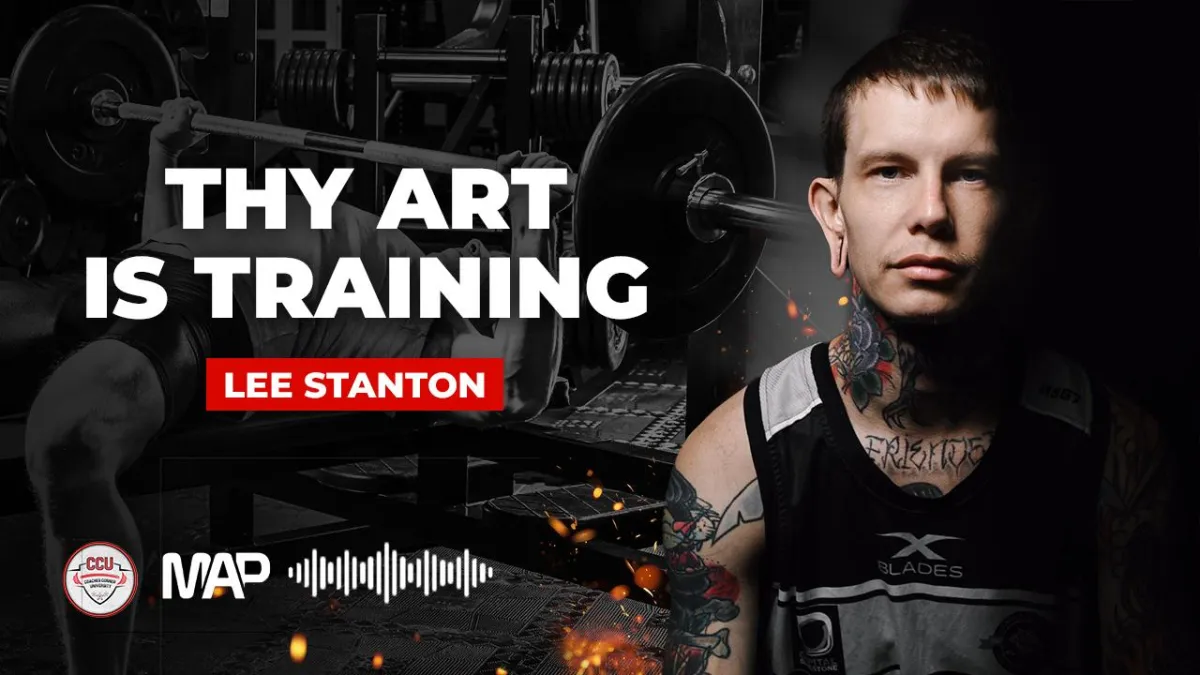
CCU Podcast - Lee Stanton: Thy Art is Training
Thy Art is Training
This week I sit down with one of the sickest drummers on the planet, Lee Stanton. Lee also just so happens to be an Exercise Physiologist & Online Coach. He owns the General Strength Co where he empowers individuals to embrace the transformative health benefits of resistance training. His programs are thoughtfully crafted, prioritizing strength as the cornerstone of a healthy lifestyle. Lee holds the unofficial world record for the pound for pound heaviest walking lunges ever performed and is a new father to a beautiful daughter..
Lee shared his journey from professional touring drummer to exercise physiologist and strength coach. His unique perspective bridges the worlds of professional music, academic study, and practical coaching with populations ranging from rehabilitation patients to general fitness clients.
Here are the most impactful takeaways from our conversation.
10 Key Takeaways from Thy Art is Training
Identity Beyond Profession Creates Resilience
Lee emphasized the importance of separating personal identity from professional pursuits: "It was always really important for sure, but it was one of those things that I knew would have an endpoint at some stage." This perspective allowed him to transition successfully from music to exercise physiology without an identity crisis. Lee and his bandmates were "all kinds of our own people" rather than defining themselves solely through their professional achievements.
Strength Training as a Mental Health Intervention
Lee's personal journey demonstrates the profound impact training can have on mental wellbeing: "I remember walking out of the gym and just going, I can't remember the last time I was sad or anxious." After experiencing "crippling performance anxiety" that forced him to step away from drumming, consistent training transformed his mental state and eventually inspired his career change.
The Power of Client Transformation Stories
Lee finds tremendous satisfaction in witnessing functional improvements that transform clients' daily lives: "I had one lady with COPD come back at the end of it and go, 'I was able to change my bedsheets today without having to sit down and have a rest,' which is awesome because for her, that's fucking massive." These quality-of-life improvements drive his coaching motivation more than numerical strength gains.
Teaching True Effort Through Safe Failure
For teaching clients what real effort feels like, Lee recommends "a good old leg press or something along the sides of like an externally supported machine." He explains how clients typically underestimate their capacity: "They're going to do a set that they think is hard. That's probably like an RPE three." He then describes guiding them past perceived limits: "You just keep talking to them and they go, 'Oh, do you want me to stop?' And you're like, 'Yeah, you've done about 30.' And they're like, 'Oh really?'"
Relationship-Building Over Technical Knowledge
Lee emphasizes that coaching success depends more on interpersonal skills than technical expertise: "They don't care about anatomy, physiology or any of that shit... most of the time you're just creating relationships." This human connection becomes the foundation for client progress and adherence.
Leveraging Initial Adaptations for Confidence
Lee strategically uses the neurological adaptations of new trainees to build confidence: "Your first four, three, four, depending on the person, maybe six weeks if they've done nothing their whole life... they're naturally just going to get better." He uses this period to establish positive associations with training: "They're actually seeing progress every week for two months on hand."
Health Metrics as Coaching Focus
Rather than aesthetic or performance goals, Lee prioritizes fundamental health markers: "If you can get people to build habits to monitor their blood pressure a couple of times a week, if they really need to check their blood sugar, watch their resting heart rate—there are three metrics that can probably avoid you a lot of problems later in your life."
Minimalist Training Philosophy
Lee advocates for quality over quantity in program design: "We can probably get you training for 30 minutes, two, three times a week if your schedule allows. And I can guarantee you that if you take five or six exercises and genuinely try hard instead of fluffing through 12 and wasting your time, you will get more benefit."
Values-Based Business Planning
When discussing his business aspirations, Lee prioritizes balance over growth: "If I could basically have a sustainable income and be present with my daughter and my family, that for me is massive." This clarity allows him to build a business model aligned with his core values rather than pursuing arbitrary growth metrics.
Making Training Accessible and Integrated
Lee aims to normalize strength training as a manageable part of everyday life: "You can still be Dave, but Dave just goes to the gym twice a week now." His approach frames exercise as an enhancement to life rather than a lifestyle takeover: "I want to help you get stronger and in better shape... without taking anything away from your life."
These insights from Lee demonstrate that successful strength coaching extends far beyond program design to include psychological understanding, empathetic communication, and a clear vision of how training serves the client's broader life context.
Find Lee:
Website - https://www.generalstrengthco.com/
Instagram - @Swegtoniobanderas
Find the podcast:
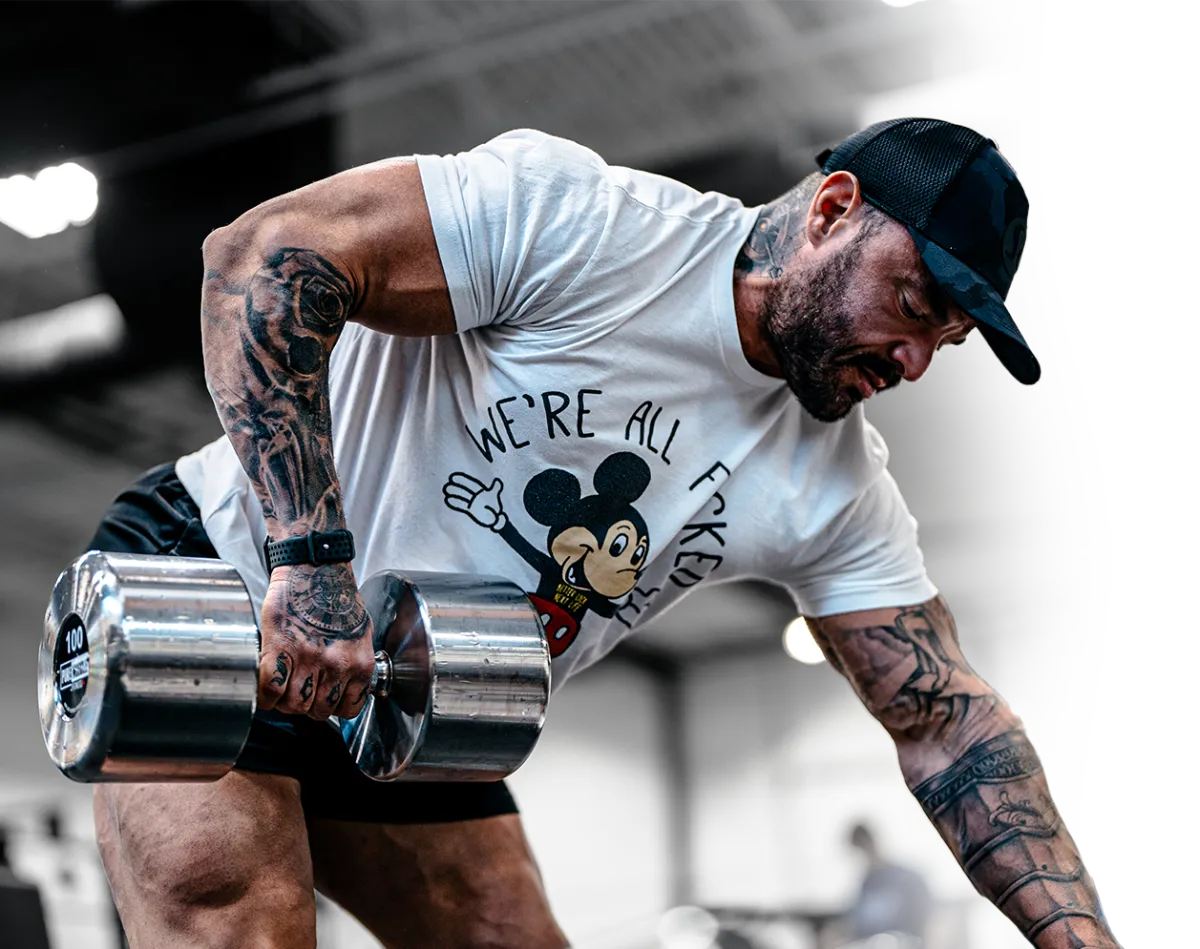
Coaches Corner PhD
